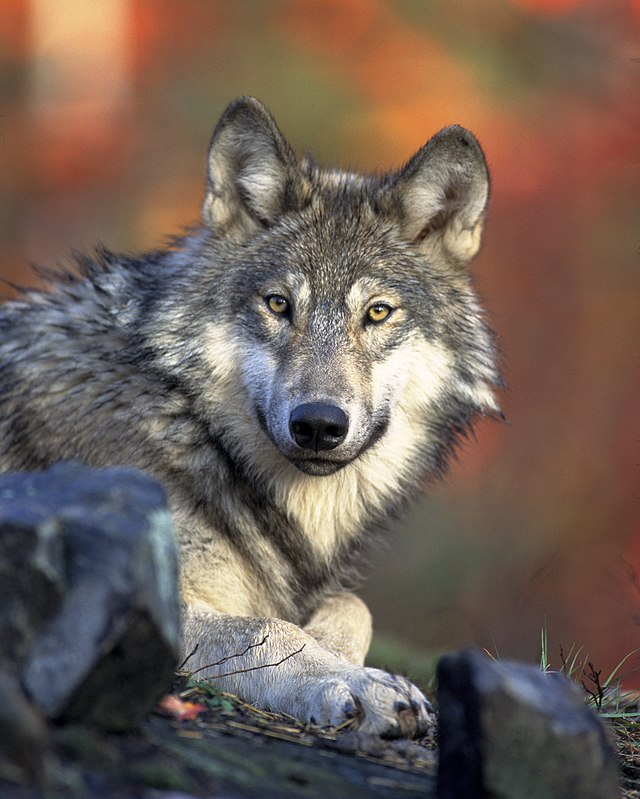
Daniel’s publisher Pierce Press recently spoke with Manoj Gautam, director of Nepal Conservation Travel, about conceptions – and misconceptions – of “rewilding” in the context of community-based conservation programs. Listen here or on your favorite podcast app!
Rewilding, or reintroducing endangered species into their natural environments may be able to help mitigate climate change and improve global ecological resilience. A keystone species is an animal that helps define its ecosystem. When a keystone species from any natural habitat disappears, the entire ecosystem may be markedly different.
We see this when apex predators like wolves become scarce, and other animals such as deer overpopulate and defoliate an area. Not all keystone species are predators, however. Beavers, for example, are considered keystone species because their dams create wetlands for waterfowl and other aquatic species. Reintroducing keystone species to their natural habitats could help mitigate global warming by rebuilding natural ecological functions that capture and sink carbon.
As always, where there’s a solution to global warming, there’s a green job opportunity that accompanies it. Where would we be without the Zoologists, Botanists and Climate Scientists who study these phenomena? If you haven’t decided what to be when you grow up yet, consider working with animals in the ecosystem to help save the planet!